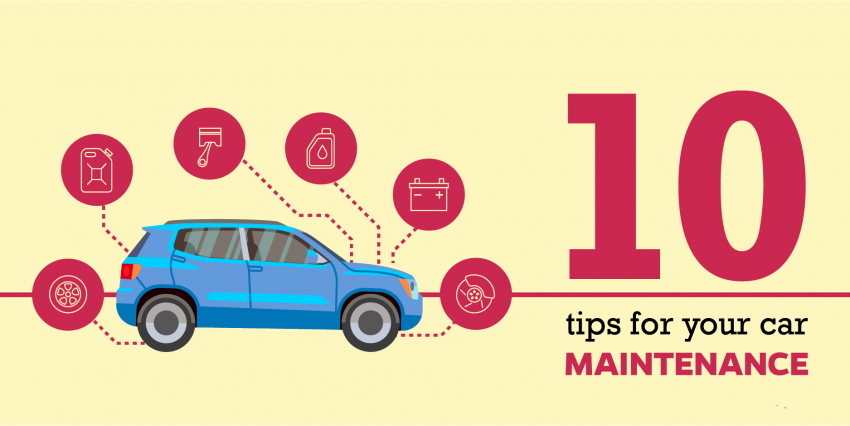Blitz News Digest
Stay updated with the latest trends and insights.
Don't Let Your Engine Be Left in the Dust
Rev up your engine knowledge! Discover tips to keep your vehicle running smoothly and avoid costly breakdowns. Don't let your ride fall behind!
Understanding the Importance of Routine Engine Maintenance
Routine engine maintenance is crucial for the longevity and performance of your vehicle. Regular checks help identify potential issues before they escalate into costly repairs. For instance, monitoring your oil levels and changing the oil regularly ensures your engine runs smoothly and efficiently. Additionally, addressing problems such as worn-out belts, clogged filters, and damaged spark plugs during maintenance can prevent more severe complications down the road.
Adopting a maintenance routine not only extends the life of your engine but also enhances fuel efficiency. By keeping your engine in optimal condition, you can improve your vehicle's overall performance and save money on gas. It's important to follow the manufacturer’s guidelines for maintenance intervals, which often include items like:
- Oil changes
- Filter replacements
- Inspection of the cooling system
- Checking the ignition system
Staying diligent with routine engine maintenance ultimately contributes to a safer and more reliable driving experience.

Top Signs Your Engine Needs Immediate Attention
Recognizing the top signs your engine needs immediate attention is crucial for maintaining your vehicle's reliability and performance. One of the first signs is unusual sounds coming from the engine, such as knocking, ticking, or grinding noises. These could indicate serious internal issues, such as a lack of oil or a failing component. Additionally, if you notice a significant decrease in engine performance or acceleration, it's time to seek professional help to diagnose the problem. Ignoring these symptoms can lead to more severe damage and costly repairs down the line.
Another prominent indicator is the presence of warning lights on your dashboard, particularly the Check Engine light. It's essential to address this as soon as it appears. Furthermore, if you detect any unusual smells, such as burning oil or coolant, it could signify a serious engine issue that requires prompt attention. Lastly, if you observe any fluid leaks underneath your vehicle, especially oil or coolant, do not hesitate to investigate further. Addressing these top signs your engine needs immediate attention can save you from extensive repairs and ensure your vehicle runs smoothly.
How to Maximize Your Engine's Lifespan: Tips and Tricks
Maximizing your engine's lifespan is crucial for maintaining optimal performance and saving on costly repairs. One of the most effective ways to extend your engine's life is through regular maintenance. This includes routine oil changes, where you should replace the engine oil and filter every 3,000 to 5,000 miles, depending on your vehicle's requirements. Additionally, keeping an eye on your coolant levels and ensuring the air filter is clean will help maintain proper engine temperature and airflow, contributing to a longer lifespan.
Another significant factor in maximizing your engine's lifespan is adopting a careful driving style. Avoiding rapid acceleration and excessive idling can reduce strain on the engine, while maintaining a steady speed can help improve fuel efficiency. Furthermore, be mindful of warning lights on your dashboard—addressing issues promptly can prevent minor problems from escalating into major repairs. By following these tips and tricks, you can significantly enhance your engine's durability and performance.